Fermentation Breadmaking
Rakenji Kobo Bread
Rakenji Kobo is a bread making style/starter that uses fermentation, developed by a Japanese Buddhist monk named Yugen Yamanouchi. He is 87 years old and started this bread making as part of his missionary practice while also running a small bakery. His goal to make people happy and healthy through his delicious bread is part of his way of Buddhism. The positive health impacts of this bread follows the Eastern medicine principle of holistic health.
I actually had the pleasure of meeting this man on a trip to Japan and I remember walking up a huge flight of stairs to get to his temple, he treated my family with tea and a whole bunch of homemade bread.
My mother, Ryoko, started her own Kobo in 2012, and I sat down and asked her a few questions about this unique bread-making practice. The yeast starter has “been alive” since then fed with apples, rice, carrots, and Japanese yam. The “Hacou” fermentation process occurs as the sugar breaks down and the bubbles make the bread rise. The fermentation process is similar to ones occurring in most sourdough bread making, “the chemical decomposition of complex organic compounds into simpler substances. With bread, this refers to the process where yeast converts sugar to carbon dioxide and alcohol in the absence of oxygen, causing dough to rise.”
Ryoko explained that in the mid 1900s, chemical yeast was made to make the yeast rise while adapting to resource shortages, the purpose being to mass produce bread. Though bread could be made easier and thus more accessible, wheat would not be broken down as it would with Kobo.
Interestingly, Ryoko found that the process of breaking down the wheat through fermentation has made her bread consumable to people with gluten allergies or celiac disease. Though her bread isn’t “certified gluten free” and uses wheat, the people with allergies who have tried it (at their own risk) had no reaction.
The fermentation makes digestion easier as, “some of the natural sugars and starches have already been broken down.” The bread doesn’t spoil easily because there is nothing for the mold to feed on, gone through the process of fermentation.
Next, I asked her more about how she started her online bread classes.
She responded that in recovering from cancer, she wanted to give back to the people giving her support, especially during the holidays. Then, the people who received the bread asked how she baked it. They wanted to learn. She decided to do a workshop, gathering friends to teach them. As more and more people were interested in trying her delicious creations, she started selling small amounts.
She makes a variety of breads. From the basics: “shoku-pan” (Japanese sandwich bread), butter rolls, bagels, steam buns, rye bread, focaccia, baguette, and English muffins. As well as specialties: beacon-eppi, German holiday bread stollen, cream corone, panebianco, and donuts. Or my personal favorites: Japanese bakery inspired bread. This includes an-pan (sweet red bean bread), cream bread, melon pan (sweet bread), croque pan (fried potato stuffed) , and currie-bread. She explained that for Japanese people living here, this brings “tastes of home.”
“But it’s [Kobo yeast] not just for bread,” she expanded, “There is so much you can do with it: the base for broth, ramen, soups. It’s good for skin, pancakes and okonomiyaki [Japanese savory pancake], and even fertilizer when you mix the yeast with water.” Microorganisms were a topic of interest for her. “It’s just so fascinating. You can’t see it with your eyes but it’s doing stuff, making the yeast bubble.” It’s clear she can talk about this for hours.
As younger people are starting to join her classes, she said she feels inspired and happy to see they want to learn. Additionally starting classes in English, she has broadened her audience/students.
I asked her what her most significant takeaway she has from her years of practicing this method of bread making is. “It has changed my lifestyle,” she says, “this slow, continuous practice of making bread has forced me to slow down in life.”
She concludes our interview with lessons in happiness and health, “it’s not about ‘eating organic’.” This practice has made her happy, “I just want to share delicious things.”
Sources:
Interviewee (Ryoko DeCoste–Bread-making Instructor/Entrepreneur)
https://www.bbcgoodfood.com/howto/guide/health-benefits-offermenting
https://www.bakemag.com/articles/5275-understanding-the-role-of-fermentation#:~:text=In%20brief%2C%20fermentation%20refers%20to,oxygen%2C%20causing%20dough%20to%20rise.

Kana is a senior at GALA and is excited and honored to be The Echo's Editor-In-Chief this year. Her goal is to ensure that news in all sections of The...






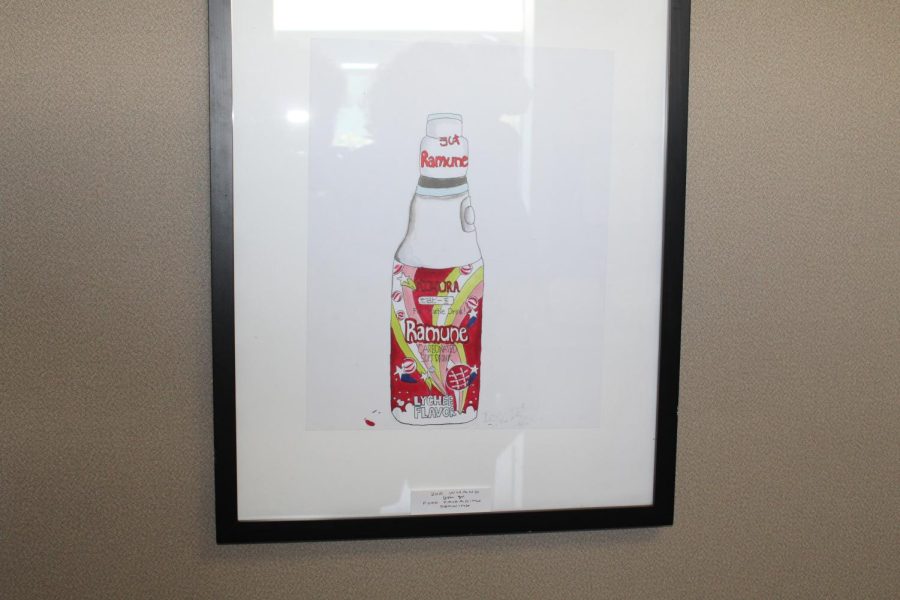



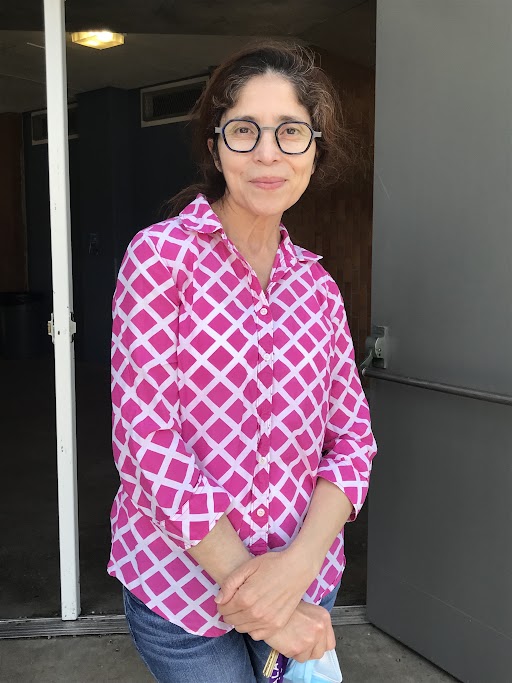


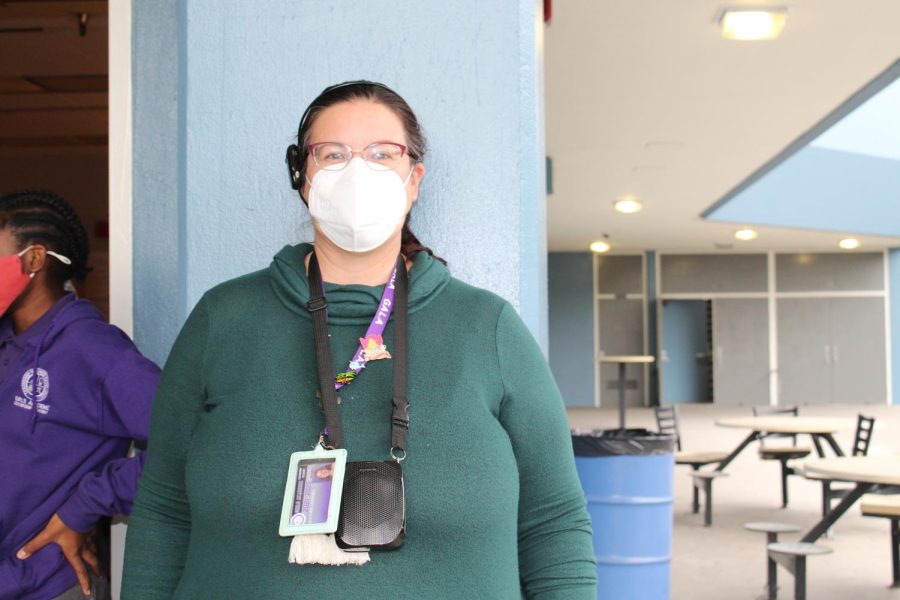








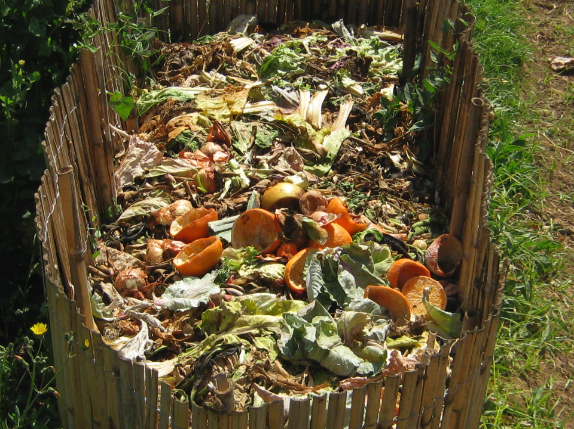


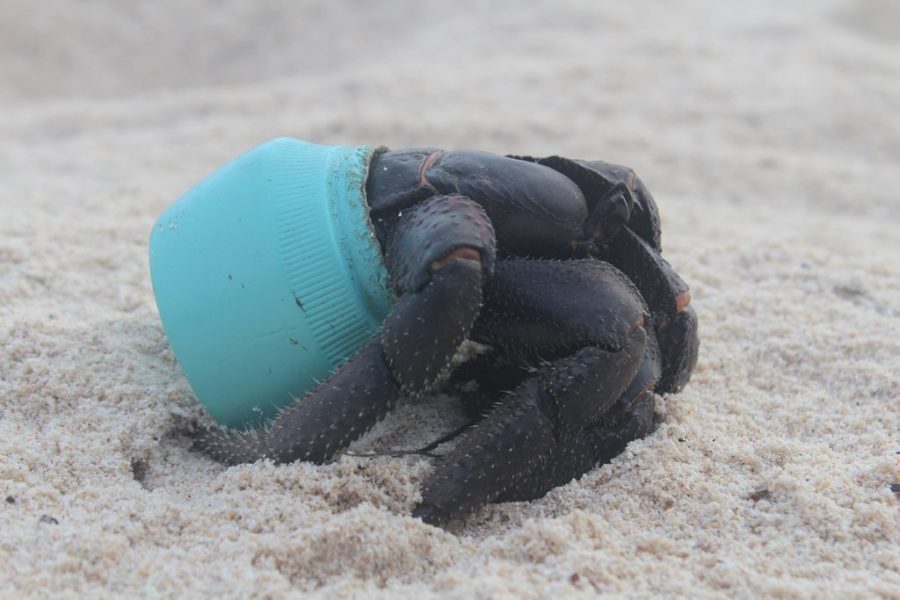








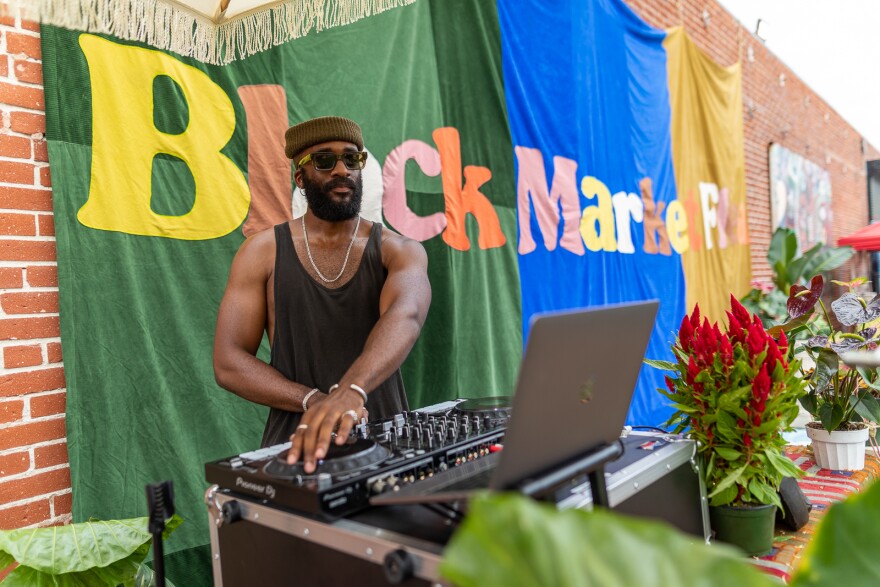











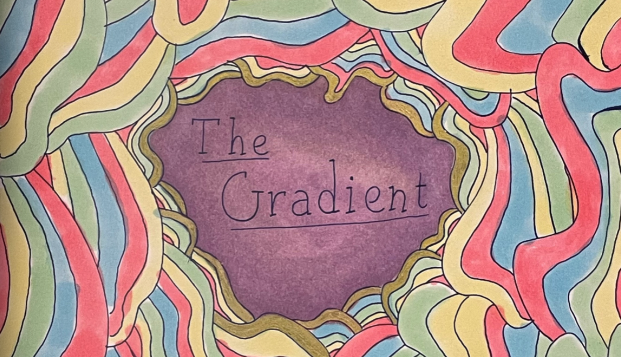
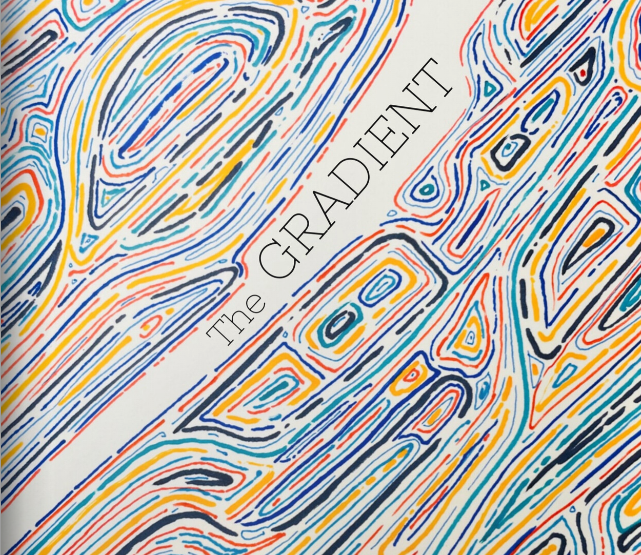









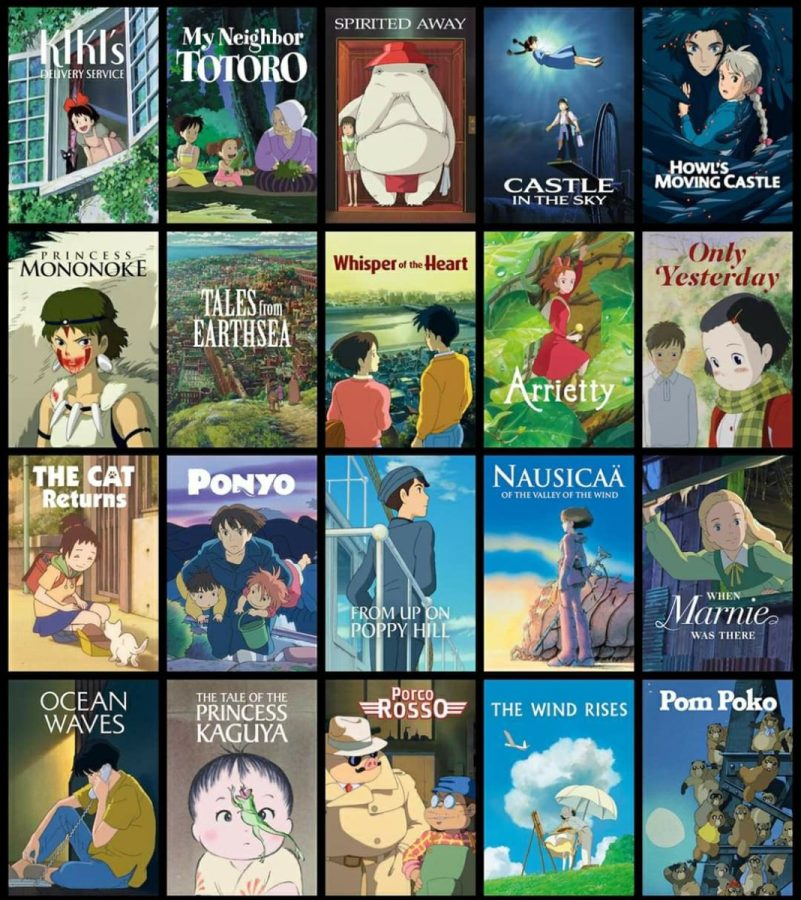
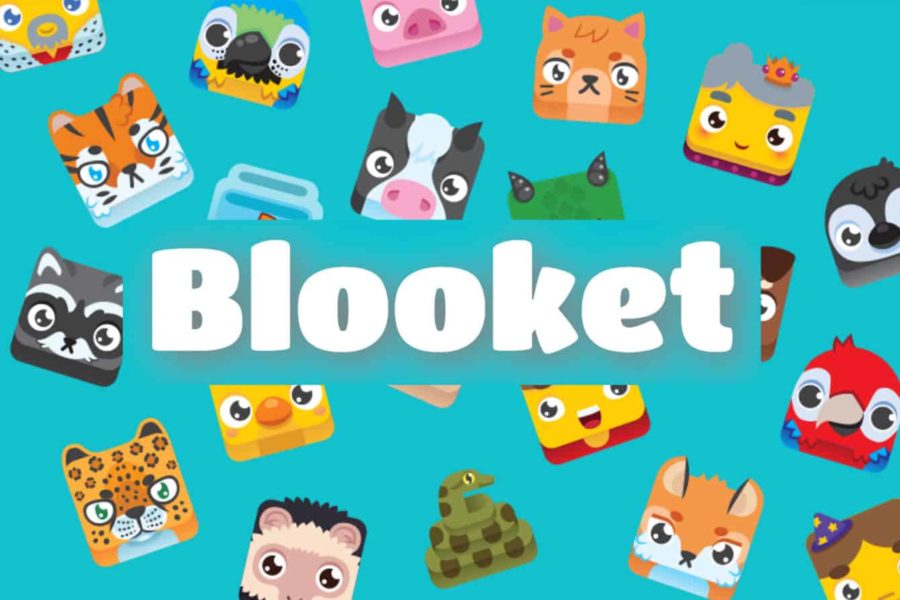

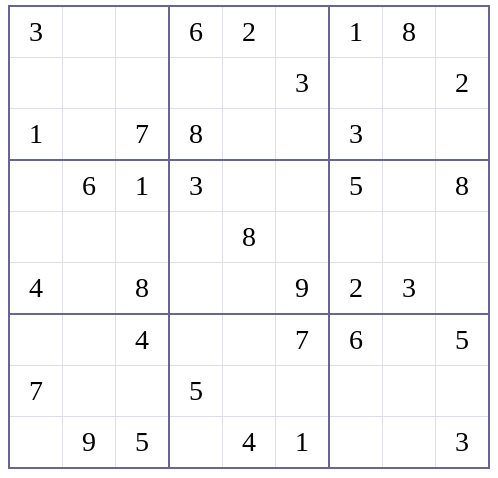


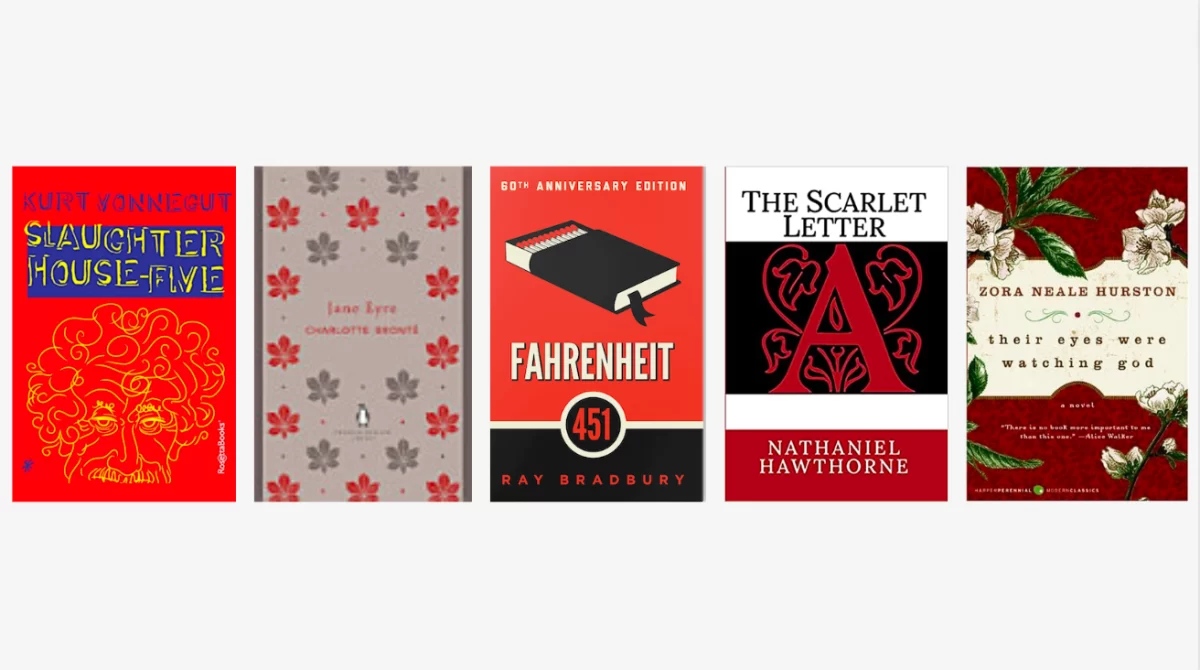
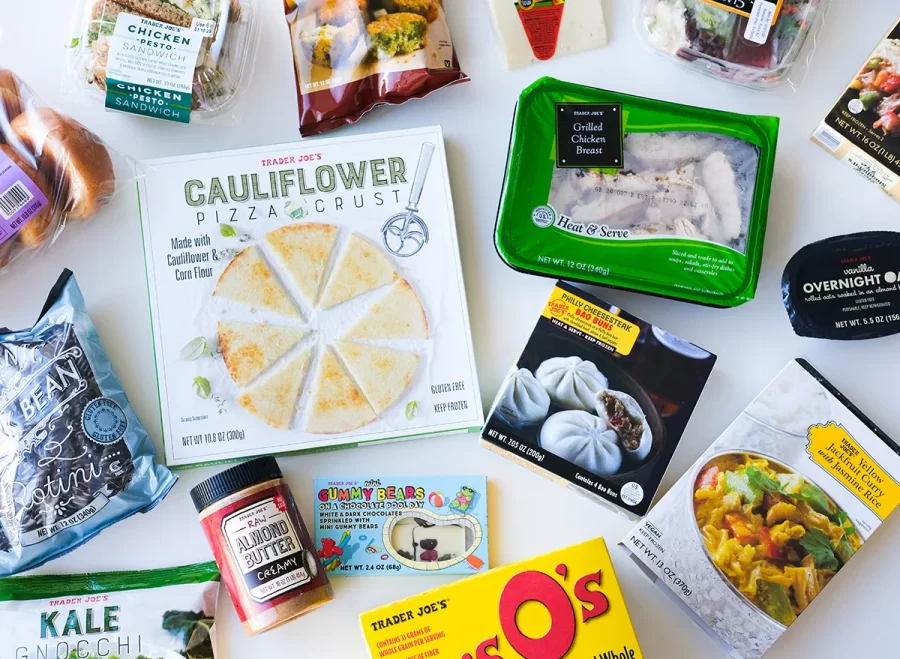
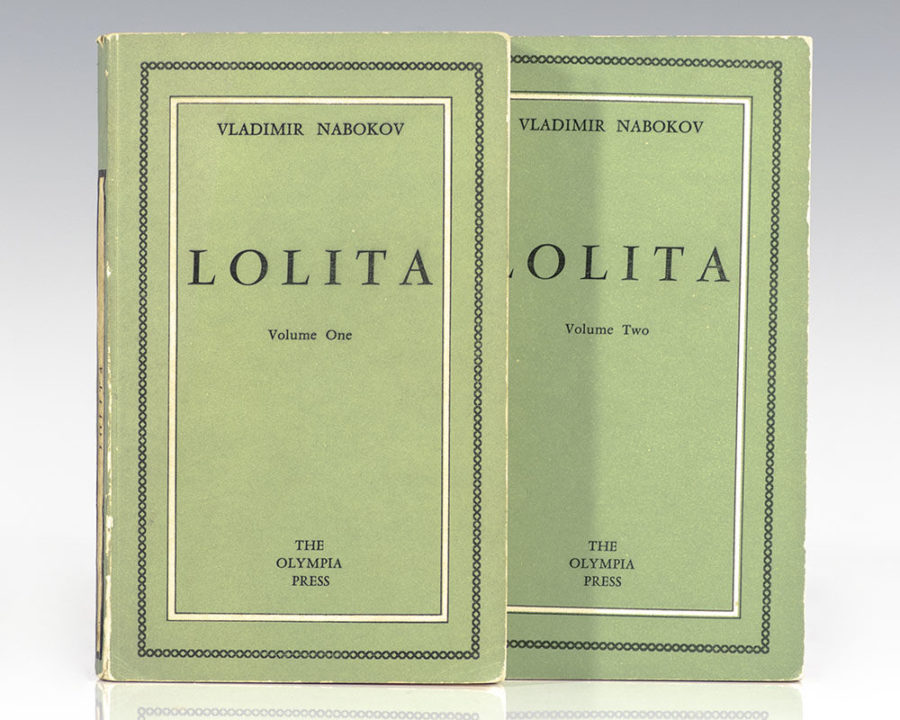

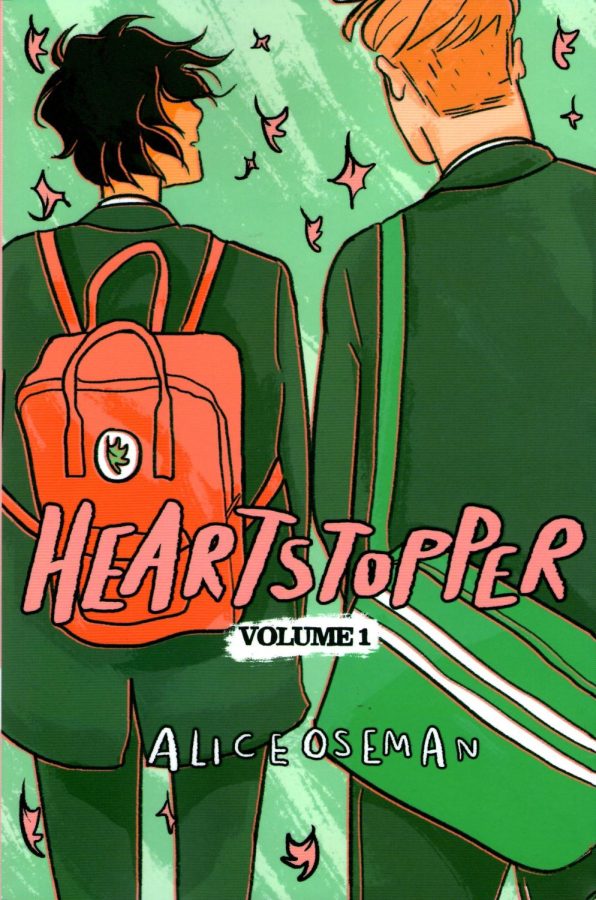









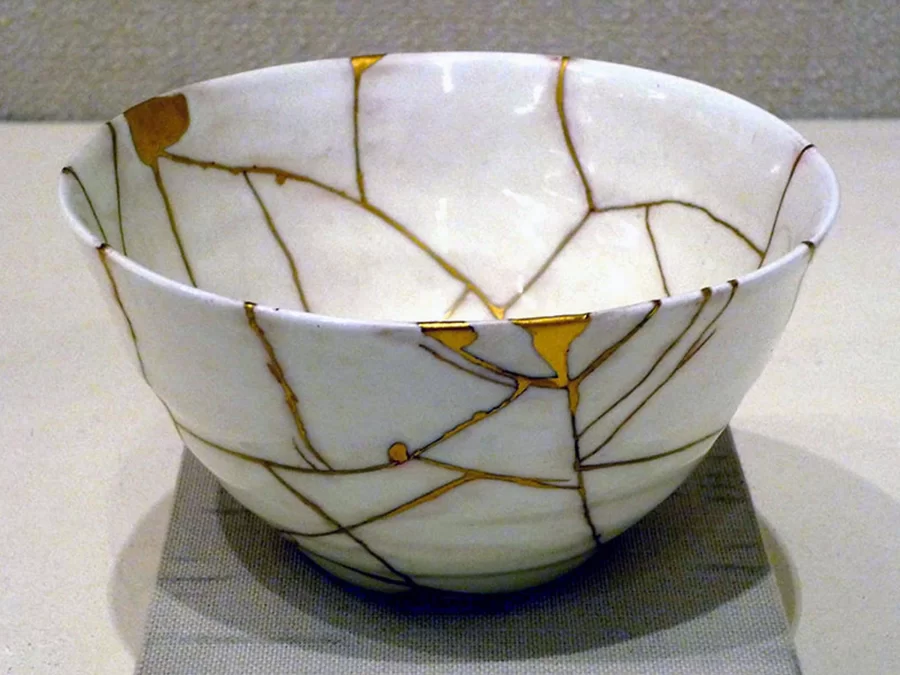
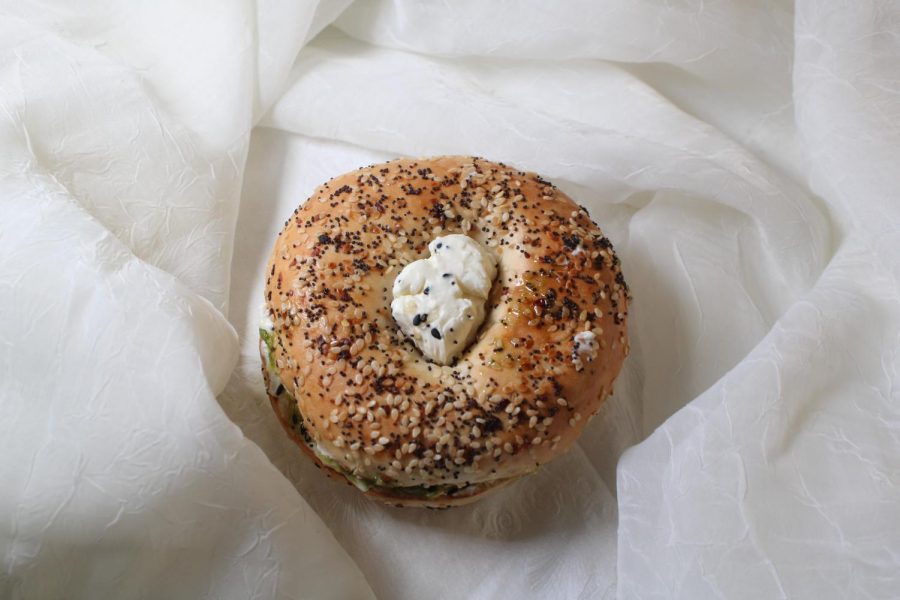
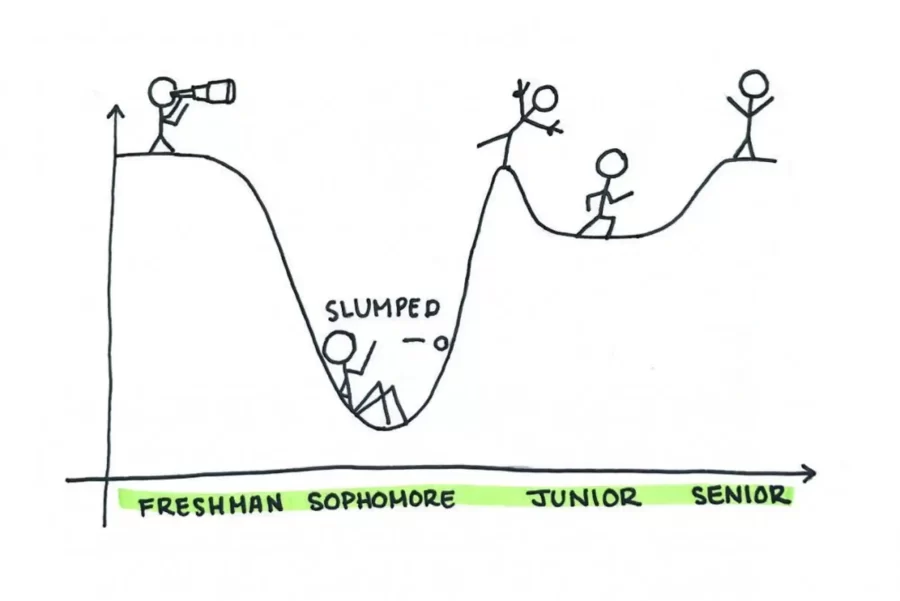
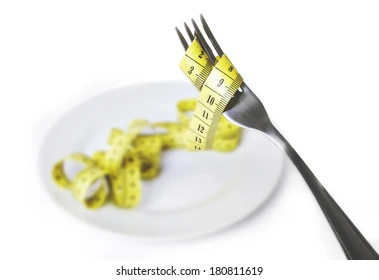





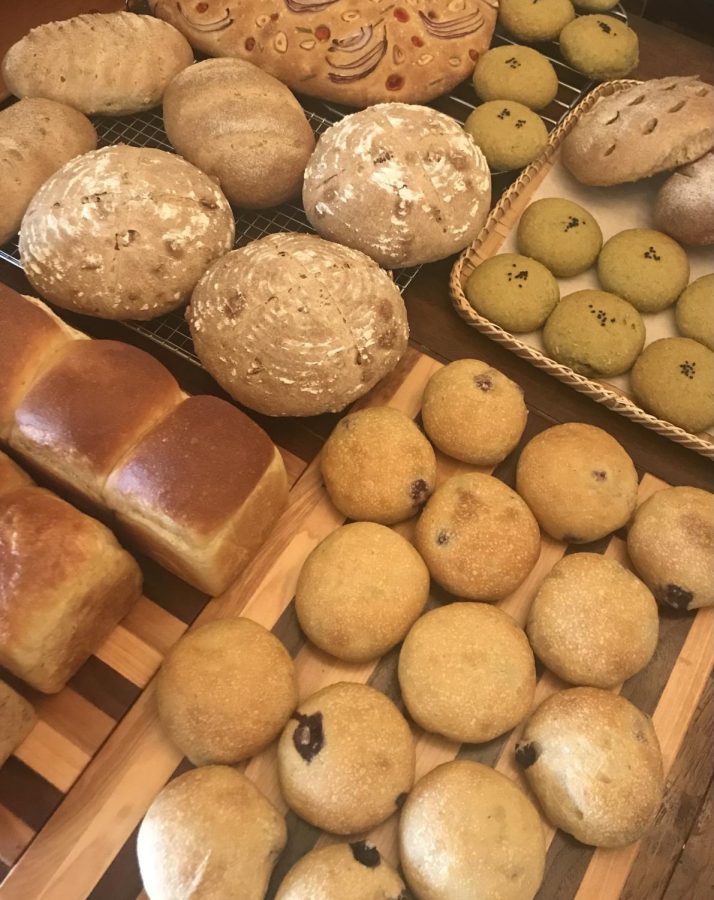



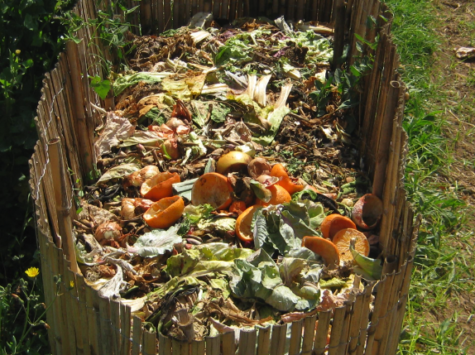



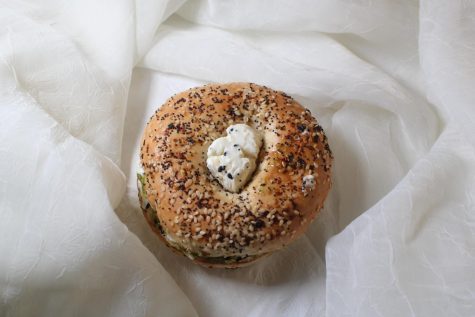
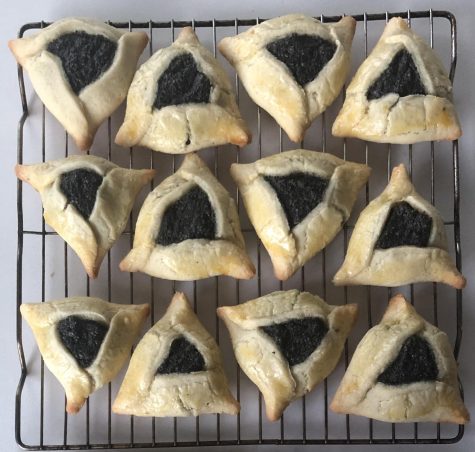
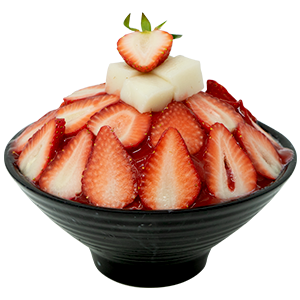
Juliana • Jan 23, 2024 at 12:00 pm
That´s amazing!! Where is it possible to access you mom classes in english to teach the art of this starter?